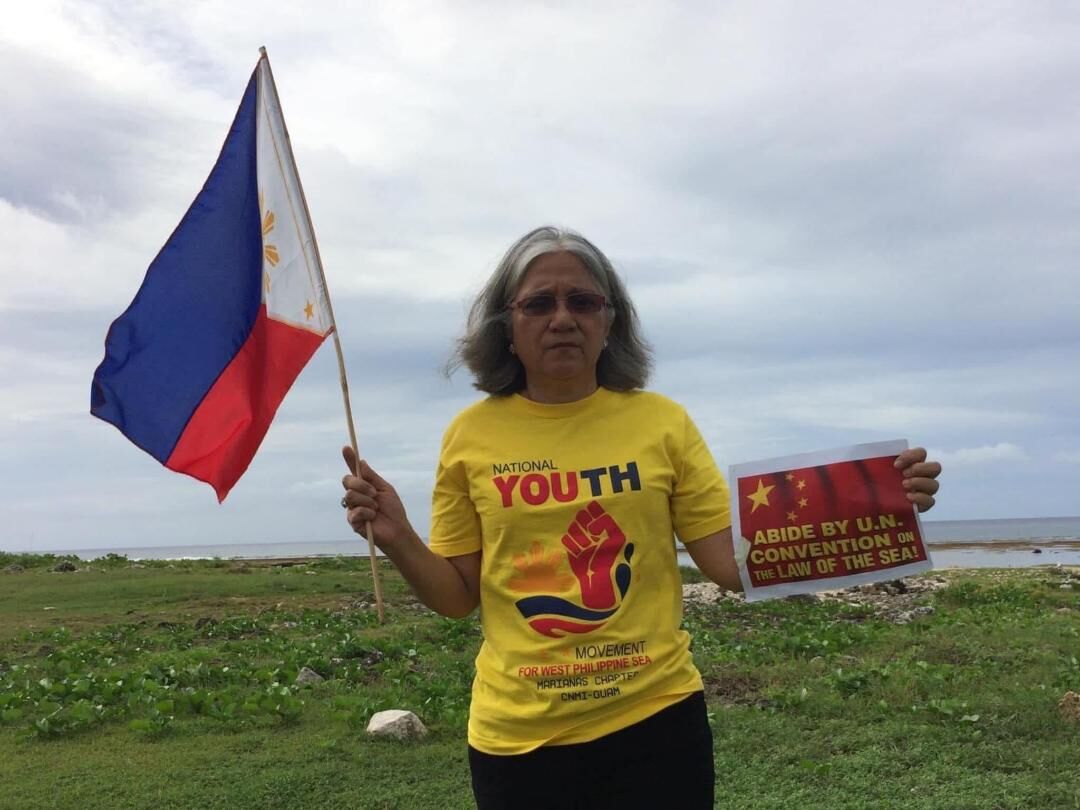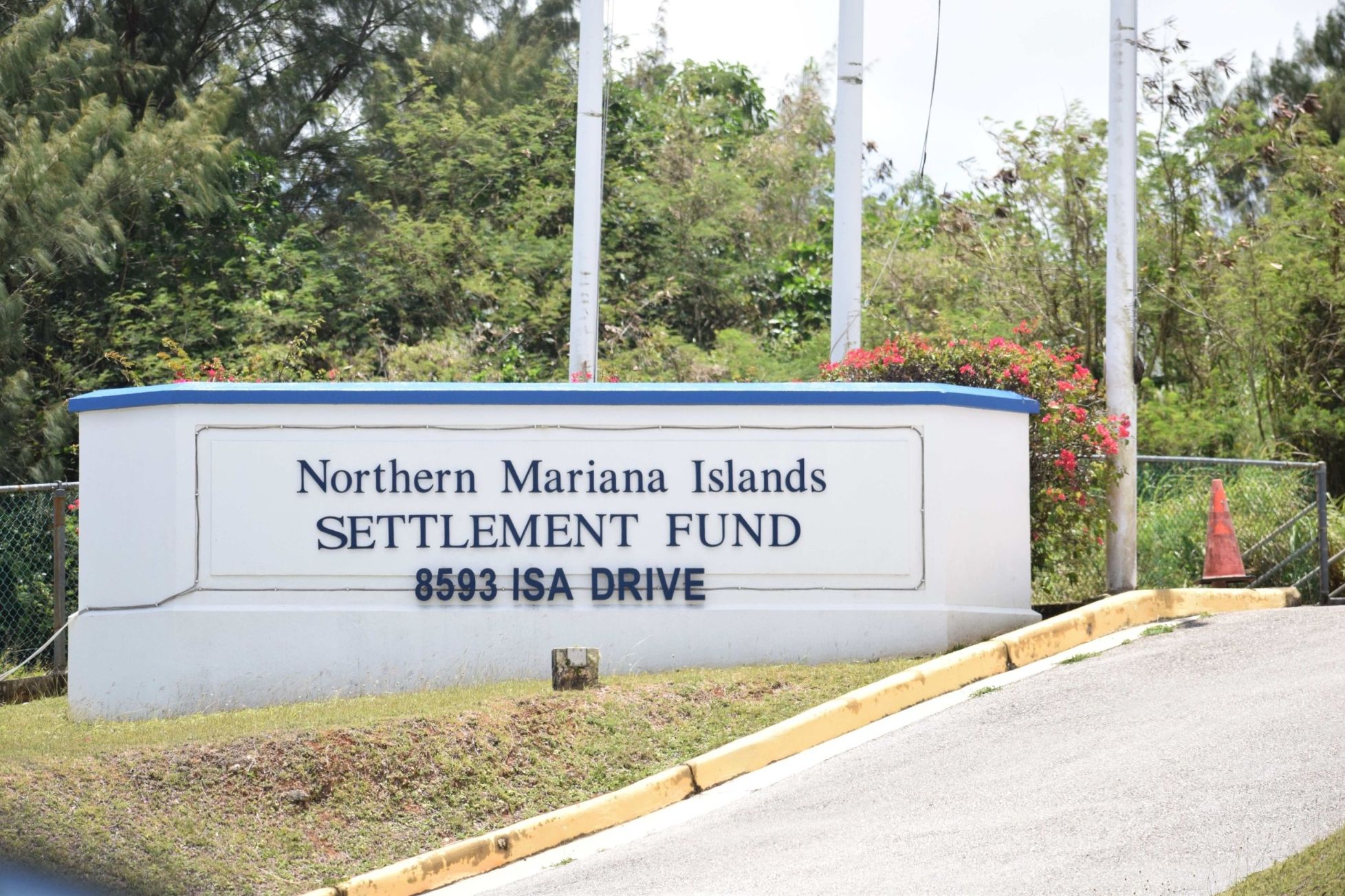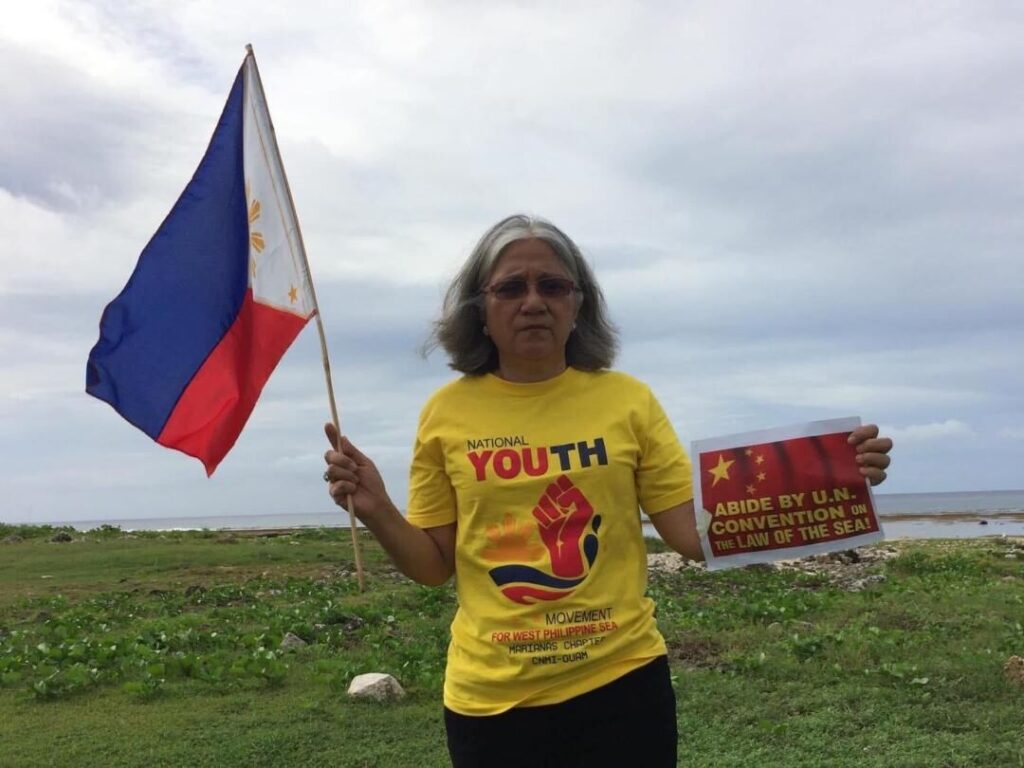(NYMWPS) — Recently, the National Youth Movement for the West Philippine Sea, a peaceful, non-partisan and transglobal organization that advocates for the preservation of the Philippines’ sovereignty and territorial integrity, held an online forum regarding China’s aggressive actions in Ayungin or Second Thomas Shoal.
During the forum, guest speaker Carl O. Schuster said the People’s Republic of China’s water cannon attacks against Philippine vessels are criminal activities in the Philippines’ sovereign waters.
A retired U.S. Navy captain, Schuster served for 25 years in the U.S. Navy, and is a former director of operations at the U.S. Pacific Command’s Joint Intelligence Center near Pearl Harbor. He is a professor in Hawaii Pacific University’s Diplomacy and Military Science Program, a defense consultant and a freelance writer with over 700 articles and three books published.
He occasionally works for media outlets as a subject-matter expert on defense issues related to naval operations and the Indo-Pacific Ocean region.
Schuster decried China’s water cannon attack on small Philippine Coast Guard vessels that were headed to Ayungin Shoal for a resupply mission on Aug. 5, 2023.
He said it was another display of China’s willful disregard for the health and safety of Philippine coast guardsmen and a blatant violation of international law.
The Philippine Coast Guard strongly condemned the “China Coast Guard’s dangerous maneuvers and illegal use of water cannons against the PCG vessels.”
Founded and chaired by Dr. Celia Lamkin, the National Youth Movement for the West Philippine Sea also strongly condemned China’s “intensifying illegal and brazen aggressive activities in the Philippines’ exclusive economic zone.”
Schuster believes the latest major provocation by China is yet another test of what the Philippines is willing to do and how it will respond to the attack.
Schuster said Chinese President Xi Jinping is currently facing multiple challenges, which have resulted in several economic and political setbacks.
Schuster said these are forcing Xi to act “strong” in hopes of intimidating not just the international community but even Chinese Communist Party members who may be displeased with his regime.
Schuster also stressed that condemnation of China’s aggressive acts is a good move as it sends a strong message.
“But without a strong backing, it is not enough to persuade totalitarian leaders like Xi to back off,” he added.
He said “dialogue without results is useless.” He recommends that the Philippines makes the first move in establishing regular consultations with its allies, particularly the United States.
“Regular consultations not only serve as a good first step in deterring Chinese aggression, they also shape future bilateral actions between the Philippines and its allies. The U.S. must make China’s actions a condition for dialogue,” he said.
Schuster said the Philippines should also consider constructing an airfield in Palawan and establishing a military presence nearby to serve as further deterrence.
When asked whether he thinks the Philippines should sponsor a resolution against China in the United Nations General Assembly, he agreed, saying it “will reinforce the 2016 Arbitral Award.”
He said such a resolution would hurt China’s reputation and humiliate it before the international community.
Schuster at the same time encouraged the Philippines to expand its horizons and become less dependent on China, economically.
He said the Philippines should instead reach out to the U.S., India, parts of Africa and South America.
He noted that the Philippines has a strong information technology sector and an English-speaking population that can attract more foreign investors.
Schuster said the Philippines is not alone, but it must forge a united front with its allies to check escalating Chinese aggression.
There are no risk-free decisions, he said, adding that the Philippine Navy should also invest in submarines and drones to patrol the West Philippine Sea.
“Youth engagement is also a big part of defending your sovereignty,” he added. Young people bring energy and fresh perspectives to problem-solving, he said.

CNMI-Guam resident Dr. Celia Lamkin is the founder and global chair of the National Youth Movement for the West Philippine Sea.

Carl O. Schuster











